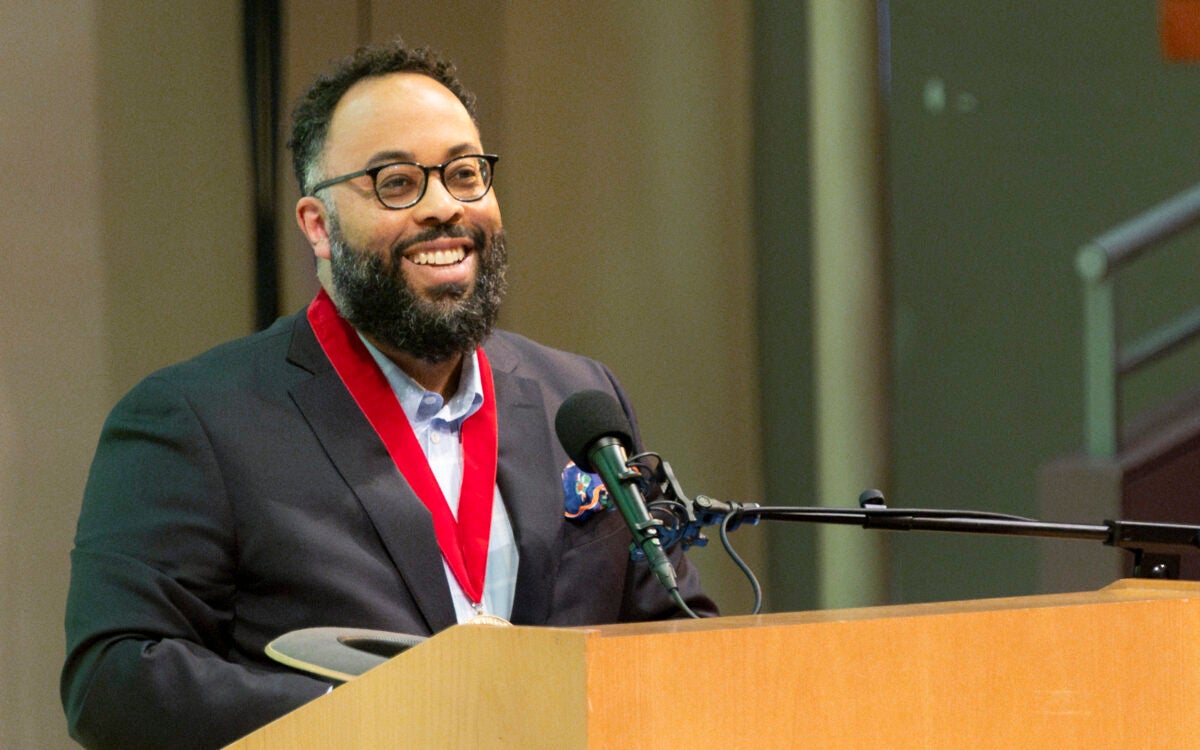Harvard’s Growth Lab has released a new report on Lebanon’s struggling economy that revisits the origins of the crisis and proposes a comprehensive plan for a swift economic recovery. The research project, led by Professors Ricardo Hausmann, Ugo Panizza, and Carmen Reinhart, provides a clear diagnostic of the ongoing crisis and suggests novel, out-of-the-box solutions. The research highlights the unusual depth of Lebanon’s economic collapse.
“Lebanon faces a triple financial crisis: its currency has collapsed, its banking system is bankrupt, and the government has defaulted on its debt. The result is one of the most severe economic collapses in recent history,” said Hausmann.
Four years into the crisis, real output plummeted by 38 percent, the local currency lost 98 percent of its value, and the country has suffered from very high inflation. Lebanese citizens are unable to access the funds they hold in their bank accounts, while the government struggles to provide basic public services to its population.
Based on their diagnostic of the roots of the crisis, the researchers propose an economic recovery plan in four points:
- Adopting a new monetary and exchange rate regime based on full dollarization; given the existing de facto dollarization of the economy and the instability that a flexible exchange rate regime would bring, adopting the US dollar as Lebanon’s legal tender is the best option to jump-start the recovery.
- Resolving the banking and central bank insolvency by immediately converting ~USD 76 billion in excess claims on the banks and Banque du Liban into claims on the government while protecting deposits below ~USD 100,000-150,000.
- Restructuring the public sector debt in the context of an IMF agreement that involves a gradual fiscal adjustment, achieving a 3 percent primary surplus by 2030 and including ~USD 8 billion in additional financing needs. This would necessitate an expected haircut of ~82-90 percent.
- Developing new drivers of economic growth based on agricultural value chains, tourism, natural gas, and high-skill business services.
The report aims to provide decision-makers with both objective facts and original ideas to stimulate the policy debate in Lebanon and ultimately help put the country and its economy on a promising development path.
About the Growth Lab
The Growth Lab’s multidisciplinary team, led by Professor Ricardo Hausmann, pushes the frontiers of research on economic growth and development policy. The Growth Lab advances academic research on the nature of economic growth and conducts applied, place-based projects with governments at the national, state, and city levels that aim to understand growth opportunities and how to seize them.





